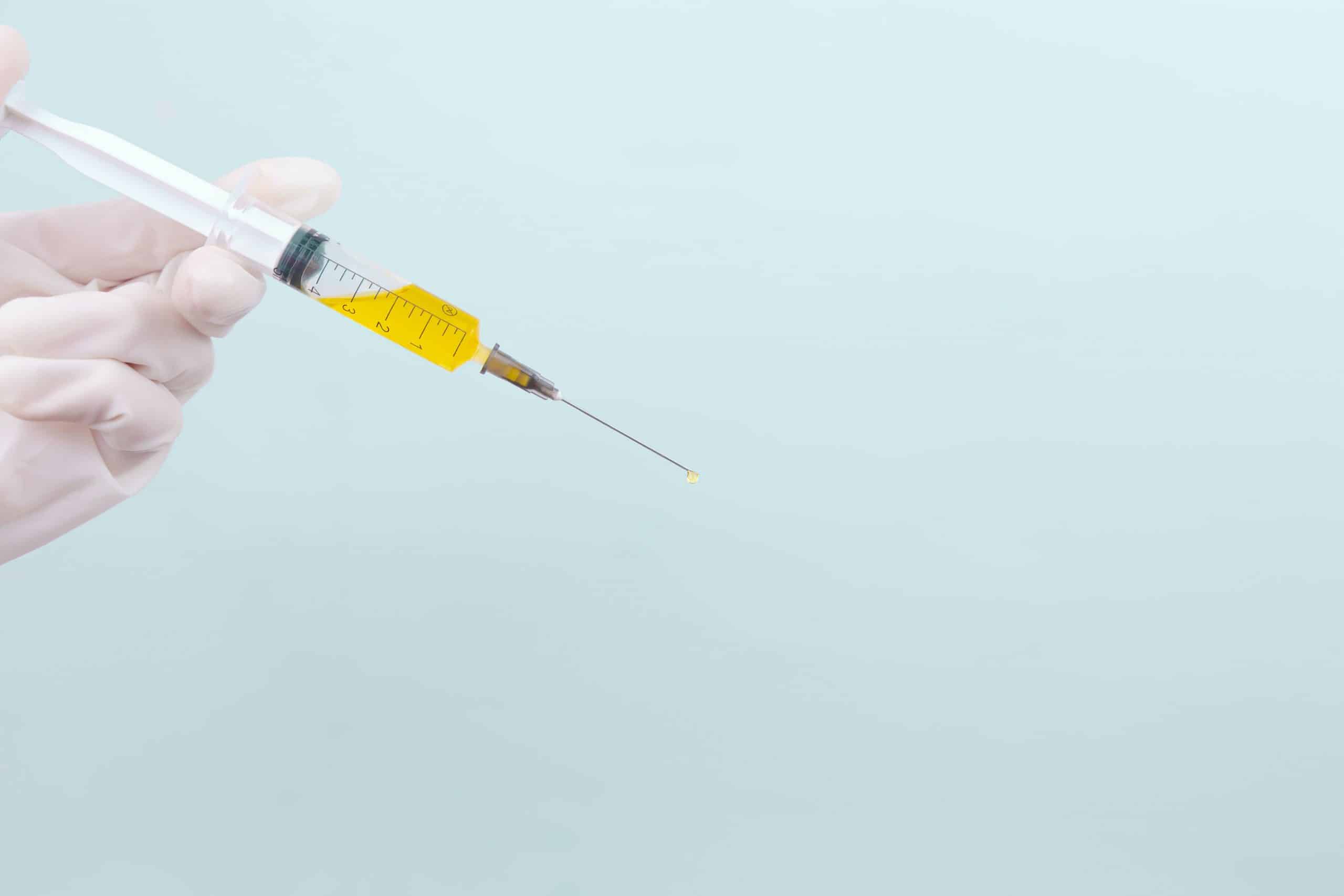Tesalys, which already has operations in 65 countries, is now moving into the Balkans. STERIPLUS™, its solution for managing infectious risk hospital waste, will receive FASEP funding in North Macedonia, in collaboration with the Institute of Public Health (IPH) in Skopje. A demonstrator of the technology will be installed in the country for the whole of 2022, for a total cost of €215,000.
Currently, medical waste is carried in simple trucks to incineration plants that do not always meet the required standards.
With STERIPLUS™, hospital waste will now be treated on site, “thus contributing to health safety, since there is no longer any transportation of hazardous waste on the roads, while at the same time reducing the CO² footprint,” as Miquel Lozano, President and co-founder of Tesalys explained.
“With the Covid epidemic, the amount of infectious risk hospital waste has increased tremendously. Facilities are overwhelmed. Our solution, which enables this waste to be decontaminated directly on site, provides enormous added value and makes the facility autonomous,” Miquel Lozano, President and co-founder of Tesalys.
The smallest STERIPLUS™ models are the size of a photocopier. Waste is fed into a loading chamber. The operator closes the door. It locks automatically. The waste is then shredded into small one-centimeter pieces and then sterilized using steam at 135° C. This operation reduces the volume of the waste by up to 80%. It comes out completely decontaminated in the form of harmless confetti, which can then be disposed of like normal household waste. There is no longer any infectious risk.
This solution is environmentally friendly, as it results in a saving of 0.46 teqCO² per ton of waste treated. According to Miquel Lozano, “if all the hospital waste on the planet were treated in this way, it would be equivalent to one million fewer cars in the world.”
The IPH in Skopje will use this first installation to test the suitability of the system. Tesalys hopes that other, larger, orders will follow later.




